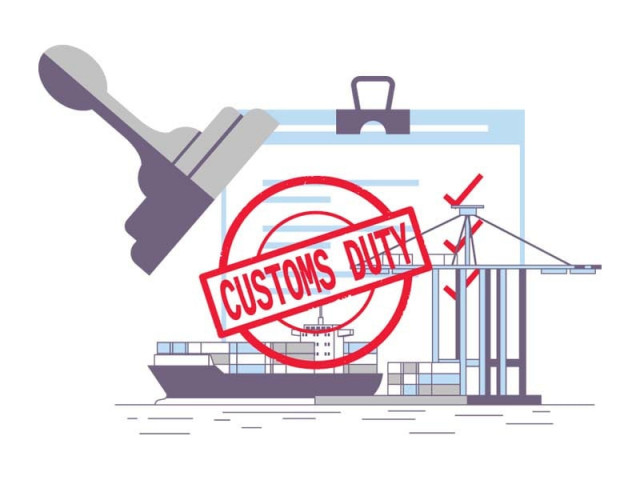CCOE hints at removing duty waivers for energy sector
Grants $1b incentives to boost diesel, petrol production

In a pivotal meeting scheduled for Tuesday, the Pakistani cabinet is poised to tackle a critical decision concerning the proposed waiver of customs duties on imported equipment for refinery upgrade projects. This comes after the Cabinet Committee on Energy (CCOE) convened on Monday, hinting at a departure from granting any such waivers in the energy sector, aligning with commitments made to the International Monetary Fund (IMF).
The proposed exemption of custom duties on imported equipment for refinery upgrades, which had been an integral part of the new refinery policy, now hangs in the balance as the CCOE meeting on Monday refrained from approving this waiver. The decision has sparked apprehensions within the refining sector, prompting concerns over the future of vital upgrade projects.
The outcome, however, wasn’t all restrictive. In a move aimed at boosting diesel and petrol production, the Energy Cabinet body approved a package of incentives totalling $1 billion. These incentives would be provided as deemed duties on petrol and diesel to existing refineries planning to establish upgradation plants.
Chaired by Prime Minister Shehbaz Sharif, the CCOE meeting highlighted the challenge imposed by the IMF’s restrictions on granting customs duty waivers for all types of imports. Consequently, it was decided that custom duties on imported equipment across all energy sectors, including power, would not be exempted. Nevertheless, a compensatory measure was agreed upon by the CCOE, wherein refineries would receive compensation through an incremental revenue-based mechanism facilitated by deemed duty.
Sources say that the Secretary of Petroleum has been assigned the responsibility of assessing the consequences of withdrawing the customs duty waiver on equipment for refinery projects. The Petroleum Division will present its findings during the cabinet meeting, presided over by the prime minister.
Presently, the government has granted permission to allocate 25% of the total collection into an Escrow account amounting to $1 billion, designated for refinery upgrade projects. Sources indicate that this percentage might be increased to 28% to counterbalance the loss incurred due to the absence of customs duty waivers.
Under this revised mechanism, refineries would bear the cost of customs duty on equipment imports, but the government would mitigate this by raising the expenditure cap from 25% to 28%, thereby offering financial relief to the sector.
The CCOE also greenlit incentives for existing refineries, including a 10% deemed duty on petrol and an additional 2.5% deemed duty on diesel, as opposed to the previous 7.5%. These incentives are a part of a six-year policy aimed at boosting diesel production to 100% and elevating petrol production to 60%.
Deemed duty collections will be funnelled into an Escrow account, jointly managed by the Oil and Gas Regulatory Authority (OGRA) and refineries. The overarching goal is to encourage local production to meet the ever-increasing demand for petrol and diesel within the nation.
With total projected spending on upgrade projects estimated at $4 to $5 billion, the policy’s implementation will allow for $1 billion of incremental revenue to be directed towards these projects. Currently, local refineries satisfy 30% of the petrol demand through local production, a number that is projected to rise to 60%, effectively covering the entire national requirement.
In terms of diesel, refineries currently cater to 50% of the country’s demand, and with projected improvements, they are expected to fulfil the entire demand within the next six years. This self-sufficiency in diesel production is anticipated to save around $600 million in foreign exchange annually, resulting in an estimated $1.2 billion benefit to the country’s economy over two years.
However, the path to these economic gains isn’t without conditions. Refineries planning to capitalise on the incentives must commit to initiating the upgrade projects within three months of policy notification. They are also required to enter binding agreements with OGRA and provide undertakings to the petroleum division, outlining project timelines and scale. Failure to comply would mean exclusion from selling products within Pakistan, and OGRA would monitor and enforce these conditions, including the power to suspend policy incentives in cases of non-compliance.
Published in The Express Tribune, August 8th, 2023.
Like Business on Facebook, follow @TribuneBiz on Twitter to stay informed and join in the conversation.



















COMMENTS
Comments are moderated and generally will be posted if they are on-topic and not abusive.
For more information, please see our Comments FAQ